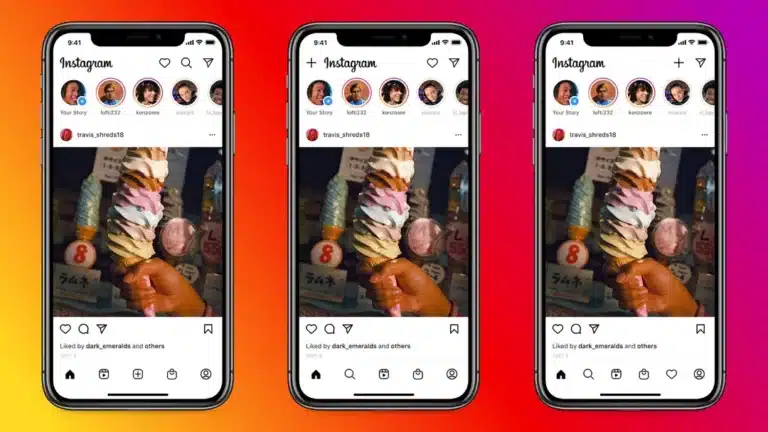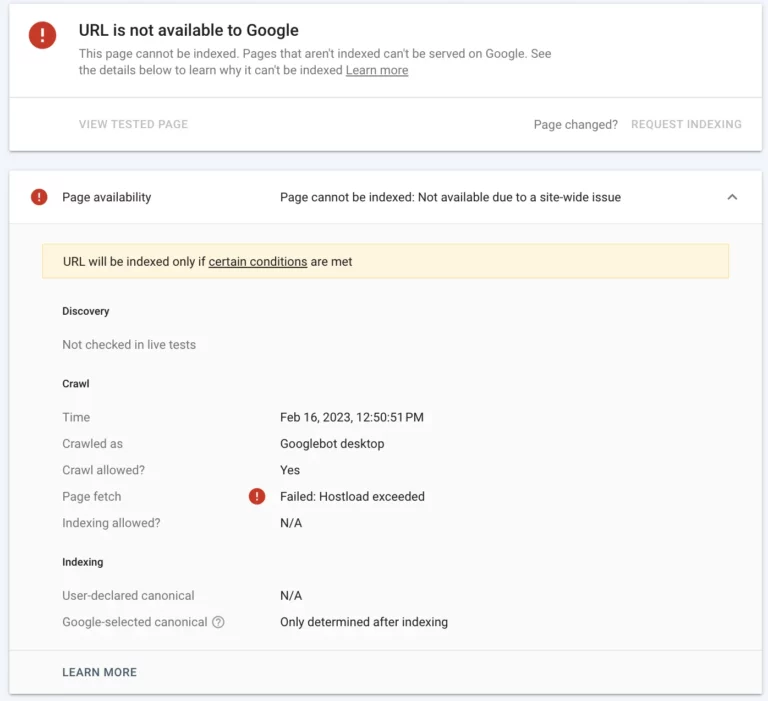New data reveals huge people’s trust in influencers

The world of marketing has undergone a profound transformation with the advent of social media and the rise of influencer marketing. As traditional advertising loses its impact, people turn to influencers to guide their purchasing decisions and provide trusted recommendations. This comprehensive blog post will delve into the latest data that uncovers people’s enormous trust in influencers. We’ll explore the reasons behind this trend, its impact on various industries, and the future of influencer marketing.
The Influence of Influencers Marketing

Influencer marketing has become a powerful tool for brands seeking to connect with their target audience. Influencers with a substantial and engaged following on social media platforms can sway opinions, create trends, and drive purchasing decisions.
Why Influencer Marketing Works
Several factors contribute to the effectiveness of influencer marketing:
- Authenticity: Influencers often create genuine and relatable content, making their recommendations more trustworthy.
- Audience Alignment: Brands can partner with influencers whose followers match their target demographic, ensuring their message reaches the right audience.
- Engagement: Influencers foster strong relationships with their followers, leading to high engagement and trust.
- Credibility: Many influencers are seen as experts or authorities in their niches, which enhances their credibility.
The Data That Reveals Trust in Influencers
New data and studies demonstrate the extent of trust people place in influencers.
- Higher Engagement Rates: A report by Influencer Marketing Hub revealed that influencer marketing campaigns generate 16 times more engagement than traditional advertising methods.
- High ROI: Influencer marketing can deliver a return on investment (ROI) of up to $18 for every $1 spent, according to a study by the Influencer Marketing Association.
- Trust Metrics: A survey by Edelman found that 63% of people trust influencers more than brands. Additionally, 58% of respondents stated that they had purchased a product based on an influencer’s recommendation.
- Expansive Reach: Data from Statista shows that 89% of marketers believe influencer marketing has helped expand their brand’s online presence.
The Impact on Different Industries
Influencer marketing is no longer limited to specific niches or industries. It has had a significant impact across various sectors.
- Fashion and Beauty: The fashion and beauty industries have seen a notable shift in consumer behavior. Makeup artists, fashion bloggers, and skincare enthusiasts have transformed how consumers discover, learn, and purchase products.
- Food and Beverage: Food influencers and chefs have gained immense popularity, driving trends in the culinary world and impacting dining and home cooking choices.
- Travel and Tourism: Travel influencers and adventurers have changed how people plan vacations and choose destinations. Their recommendations have led to increased bookings and tourism in specific regions.
- Fitness and Wellness: Fitness enthusiasts and wellness advocates have influenced health-conscious consumers, affecting their choices in exercise routines, dietary habits, and wellness products.
- Gaming and Technology: Tech and gaming influencers have played a vital role in shaping the gaming industry, influencing hardware purchases, software preferences, and gaming culture.
- Healthcare and Lifestyle: Influencers in the healthcare and lifestyle sectors have contributed to changes in individual health choices, wellness practices, and mindfulness.
The Psychology of Trusting Influencers
Understanding why people trust influencers requires insight into the psychological factors at play:
- Social Proof: People are more likely to make decisions when they see others doing the same. Influencers provide social proof by showcasing their experiences and choices.
- Authority: Influencers often position themselves as experts in their niches, making their recommendations more credible.
- Relatability: Influencers share personal stories, making their content relatable and resonating with their followers.
- Familiarity: Regular interaction with influencers creates a sense of familiarity, which fosters trust.
- Transparency: Many influencers maintain transparent relationships with their followers, disclosing sponsored content and potential conflicts of interest.
Micro vs. Macro Influencers
In influencer marketing, influencers are typically categorized into two main groups: micro and macro.
Micro-influencers are individuals with a smaller but highly engaged and niche-specific following. They often have a deep connection with their followers and can provide a more personal and relatable touch to their recommendations.
Macro Influencers: Macro influencers, on the other hand, have a massive following, often numbering in the millions. They are typically celebrities, industry experts, or well-known personalities. While their reach is extensive, the level of personal connection may vary.
The choice between micro and macro influencers depends on the brand’s objectives, target audience, and the level of personal engagement they seek to achieve. Some brands opt to combine both to maximize their reach and impact.
Challenges and Ethical Concerns
While influencer marketing has seen significant growth, it’s not without its challenges and ethical concerns.
- Authenticity: Maintaining authenticity can be challenging for influencers facing pressure to produce sponsored content continuously.
- Disclosure: Ethical transparency is critical in influencer marketing. Influencers must disclose their relationships with brands and be honest about their recommendations.
- Sustainability: The ever-changing social media landscape can be unpredictable, and influencers must adapt to stay relevant and maintain their trustworthiness.
- Trust Erosion: Scandals, fraud, and dishonesty can erode trust in influencers and the industry.
The Future of Influencer Marketing
The future of influencer marketing appears promising, with several key trends emerging:
- Authentic Content: Authenticity will continue to be a cornerstone of influencer marketing, with a growing emphasis on genuine, unfiltered content.
- Sustainability: Eco-consciousness and ethical considerations will shape the types of products and brands influencers choose to endorse.
- Long-term Partnerships: Brands increasingly opt for long-term partnerships with influencers, focusing on building trust over time rather than one-off campaigns.
- AI and Analytics: Artificial intelligence and advanced analytics will enhance the ability to measure the impact of influencer marketing more accurately.
- Diversity and Inclusivity: A more diverse representation in influencer marketing will be pushed to reflect a broader range of voices and perspectives.
- Video Content: Video content, particularly on platforms like TikTok and YouTube, will continue to gain prominence, offering new avenues for influencer marketing.
Conclusion
Influencer marketing is not just a trend; it’s a fundamental shift in how people make decisions and engage with brands. The data reveals a significant level of trust in influencers, bolstered by authenticity, engagement, and credibility. As the industry evolves, influencer marketing is poised to shape consumer behavior, impacting purchasing decisions across numerous sectors.
Dedication to authenticity, ethical considerations, and the strategic use of technology will define the future of influencer marketing. As businesses and influencers navigate the evolving landscape, the trust people place in them will likely remain a central pillar of this dynamic and influential industry.





